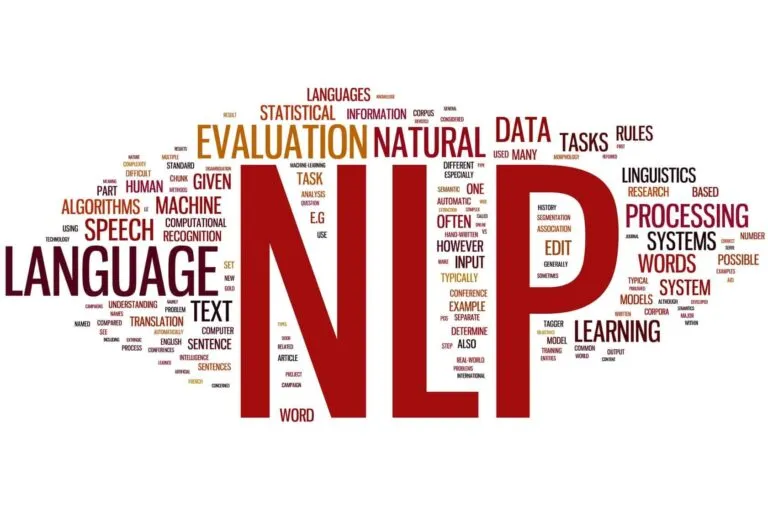
Computational Language Technologies for Medievalists
Summer School
When: Monday, July 8th - Friday, July 12th, 2024
Where: University of Graz, Graz, Austria
Registration: Kindly email your application material to didip[at]uni-graz.at with the subject “Application for NLP Summer School“. The deadline for applications is 15 March 2024. Applicants will be notified of acceptance by 15 April 2023.
Embark on a five-day journey hosted by the University of Graz:
Natural Language Processing (NLP) has emerged as a crucial skill in many Digital Humanities scenarios seeking to unlock the potential of language-based technologies. Due to the particularities of medieval languages (e.g. special characters, historical language levels, scarce training data) medieval studies put particular challenges to the standard NLP methods. This Summer School aims to guide postgraduate and PhD level participants through the conceptual foundations of NLP, offering hands-on exercises tailored to empower medievalists in curating content and managing metadata. This will include training in topic modeling, text re-use, authorship attribution, stylometry and basic application of large language models. Discover how to optimize your time and efforts effectively while integrating new tools into your scholarly pursuits.
In preparation for the main curriculum, we offer pre-school learning materials specifically designed to support novice applicants. These materials will provide foundational knowledge and essential skills, ensuring that participants, regardless of their level of expertise, can fully engage with and benefit from the Summer School experience.
No prior advanced mathematics or computer science knowledge is mandatory. Possessing basic Python syntax knowledge and command line-based or interactive computing environment-based (Jupyter Notebook, Google Colab) script execution is, however, advantageous. We expect basic computer literacy from all participants. You can check this via here !
How to Apply
To be considered for participation in this Summer School, please submit a one-page CV and a concise letter of interest (maximum one page) addressing the following:
- Why do you wish to attend this Summer School? Submissions describing a concrete use case you consider (data, research questions) will have preference. You will get the chance to present your research in a poster session.
- Share your academic background and research specialization.
- Sketch your technology skills in the above mentioned fields
Objectives
The Summer School on Natural Language Processing for Medieval Texts is designed to equip students and scholars at graduate, doctoral, and postdoctoral levels with essential skills in Natural Language Processing (NLP) and its applications in medieval studies. The program offers a hands-on approach, providing practical tools and resources to enhance research in this specialized area. To foster a collaborative and enriching learning environment, the summer school will select 20+2 participants who will be divided into four groups, mixing individuals with varying levels of Python programming knowledge. This team-based approach is aimed at optimizing the learning curve by encouraging peer learning and leveraging diverse skill sets within each group, thus enhancing the overall educational experience for all participants.
Daily Schedule
- 09:00-10:30 — Morning Session
- 10:30-11:00 — Coffee Break
- 11:00-12:30 — Mid-Morning Session
- 12:30-13:30 — Lunch Break
- 13:30-15:00 — Afternoon Session
- 15:00-15:30 — Coffee Break
- 15:30-17:00 — Late Afternoon Session
- 17:00-17:30 — Coffee Break
- 17:30-19:00 — Special Event or Keynote
- Evening — Reception or Social Activity
Find the detailed program, as well as a list of several projects, posters and teaching material at the main page of the school .
Additionally, you can read a report on the NLP Summer School 2024 here .
This initiative is generously funded by the University of Graz , ZIM-ACDH and the ERC DiDip Project .
NLP Summer School 2024 NLP Summer School 2024 report